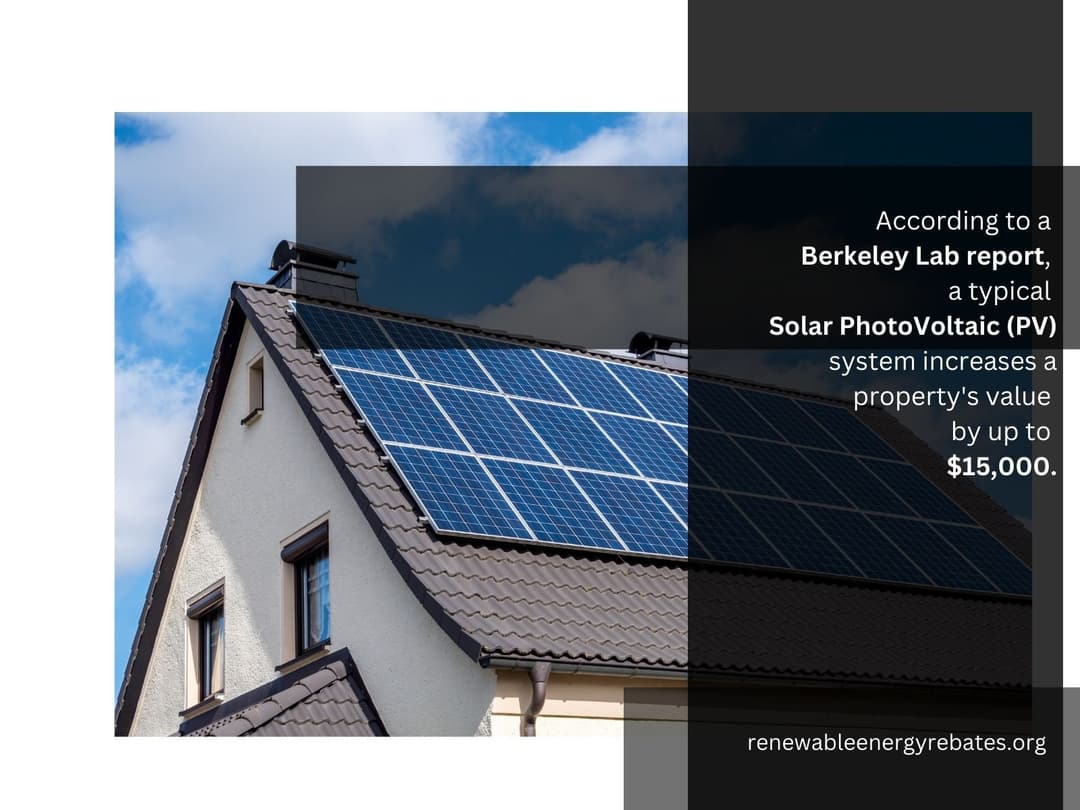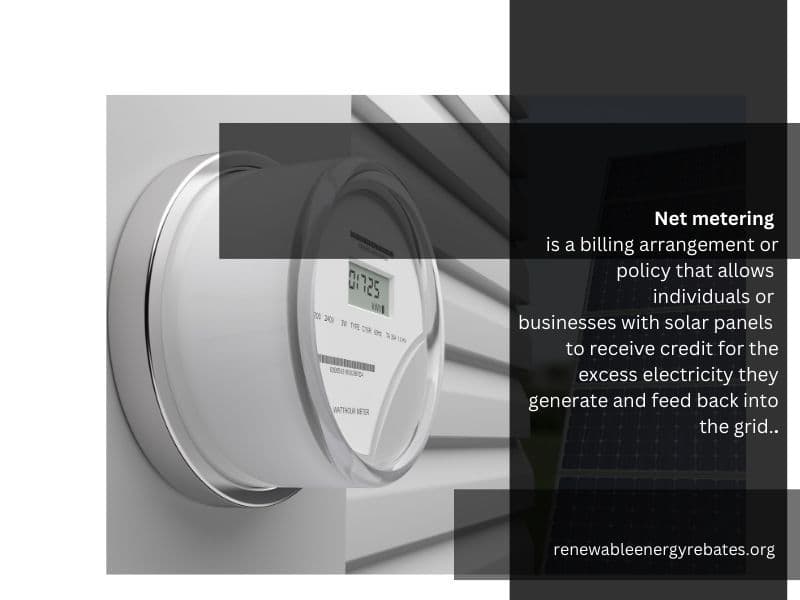Solar in Massachusetts: Cost, Installation and More
Learn More about Solar Energy Systems for Residential Homes. in Massachusetts.
Key Details
- Solar panel systems in Massachusetts cost an average of $3.44/W and range between $14,620 and $19,780 for a 5 kW system.
- The payback period for solar energy systems in Massachusetts is typically between five to ten years.
- Customers who use net metering can get credits for solar electricity generation even if it does not match their energy consumption or needs.
- The Solar Massachusetts Renewable Target (SMART) program compensates customers with monthly payments from their electric utility for ten years of solar production.
- Factors that affect the price of residential solar systems in Massachusetts include the size of the system, components of the system, labor costs, incentives & tax credits, and location-based factors.
How Much Will My Solar Energy System Cost?
In Massachusetts, the cost of a solar panel is $3.44/W. An average residential solar installation in Massachusetts costs between $14,620 and $19,780 for a 5 kW solar panel system, with the average gross price for solar in Massachusetts coming in at $17,200.
The net cost of going solar can decrease by thousands of dollars if the Federal Investment Tax Credit (ITC) and other state and municipal solar incentives are considered.

Average solar panel cost by system size in Massachusetts
| System Size | System Cost | System Cost (after ITC) |
| 3 kW | $10,320 | $7,637 |
| 4 kW | $13,760 | $10,182 |
| 5 kW | $17,200 | $12,728 |
| 6 kW | $20,640 | $15,274 |
| 7 kW | $24,080 | $17,819 |
| 8 kW | $27,520 | $20,365 |
| 9 kW | $30,960 | $22,910 |
| 10 kW | $34,400 | $25,456 |
Note: The table provides average figures. If the installation environment is challenging or a more expensive installation company is chosen, the cost may be more. Similarly, less challenging installations will be more affordable.
You should speak with an expert or residential solar installer who can tailor a quote to your unique needs if you want an exact estimate for your home.
How Long Does It Take for Solar Panels to Pay For Themselves in Massachusetts?
The average residential solar payback period in Massachusetts is between five to nine years.
The solar payback period is the length of time it takes for property owners who install residential solar panels to recover their initial investment through electricity savings.
The main factors that affect your solar system’s payback period are:
- Average electricity usage for your home, which determines how many solar panels you need
- Total system cost
- Solar incentives, rebates, and the federal tax credit
- Energy production from your solar system
- Cost of electricity and the rate of increase in that cost

What Happens if I Produce More Electricity Than I Use in Massachusetts?
Massachusetts solar owners who produce surplus energy can obtain credits for feeding the energy into the grid via a billing arrangement known as net metering.
With net metering, if you produce more electricity than you use in Massachusetts, your account receives a credit equal to the net energy export amount (kWh) multiplied by the relevant charges.

Net metering refers to the calculation of the difference between the energy your system uses and the energy you draw from the grid. When a system is connected behind your utility meter, your home will first use the energy produced by the installed system before using energy from the grid as necessary.
Your system will send excess energy to the grid if it produces more energy than you use, and you will be compensated with net metering credits for that energy. Your utility bill will list the net metering credits as a monetary amount.
You can utilize those collected credits to pay for any future grid-supplied energy use.
As of 2023, only residents who live in investor-owned utility areas are eligible for net metering. In some Municipal Light Plant (MLP) territories, net metering may not be an option.
If you live in a territory served by municipal lights, contact your MLP to find out their specific rules.
How Do I Get Compensated for the Electricity I Produce in Massachusetts?
In Massachusetts, you can get compensated for the electricity you produce through either the net metering or the Solar Massachusetts Renewable Target (SMART) program.
Net metering allows you to earn credits for excess power fed to the grid.
Eligibility
To qualify for net metering, you must be a customer of Eversource, National Grid, or Unitil (a regulated electric provider)/. In addition, your generating system must:
- Be interconnected by your electric company
- Meet all of your electric provider’s requirements
- Meet all of the rules and regulations
You may also have to apply for a cap allocation with the Massachusetts System of Assurance of Net Metering Eligibility.
The following are not eligible for net metering:
- An electric utility
- A generation company
- An aggregator
- A supplier
- An energy marketer
- An energy broker
- A customer of a municipal electric company. You should speak to your municipal electric company to know if it offers net metering.
The Solar Massachusetts Renewable Target (SMART) program is run by the Massachusetts Department of Energy Resources (DOER). It compensates qualified residential solar system owners with monthly payments from their electric utility for 10 years of solar production.
It is a performance-based incentive that directly rewards you for every kilowatt-hour of energy you produce. The solar system must be interconnected to Eversource, National Grid, or Unitil.
To get the rewards of SMART, your solar system installer must first submit a SMART application before installation and then a SMART claim after your system is interconnected to the grid and approved to operate. You will also have to state how you want to receive your incentive payments.
What Factors Affect Residential Solar System Pricing in Massachusetts?
The factors that affect the price of residential solar systems in Massachusetts include:
- The size of the system
- The type of solar system
- The components of the solar system - solar panels, racking, inverters, performance monitoring system, and solar batteries all have different prices that contribute to the total cost of the solar system.
- Labor cost of installing the residential solar system
- Solar incentives, rebates, and tax credits - Federal Investment Tax Credit (ITC) and Massachusetts solar incentives
- Your location
- Local regulations
- The state or condition of your roof
- The financing method used to purchase the solar system panel.
How Do I Read My Electric Bill?
Installing a solar panel system lowers or even eliminates your electricity costs. However, you will still receive monthly electric bills, even if you do not owe anything. This is because of net metering.
Residential solar panels are typically connected to the electrical grid in a grid-tied solar system, enabling homeowners to access the grid when the solar panels cannot provide enough energy.
Connecting to the grid also enables homeowners to return any excess energy generated by the solar panels to the grid in exchange for credit.
Your utility provider must track what comes in and what goes out for net metering to function.
To do this, a meter will be installed at your home, and your Massachusetts solar company will read the meter regularly. After that, they will send you a monthly bill detailing how much electricity you used from the grid and how much electricity your solar panels contributed.
After installing solar panels, your electric bills will look different, and it may be difficult to interpret them at first. Here is a breakdown of how to read your electric bill.
Your electric bill is essentially a two-page document. The first page is a summary of your bill, which contains:
Your account number
Statement date: The date the bill was prepared
Electric usage history: This contains a diagram that provides information on how much electricity you have used in that billing period or the year. It is represented in kilowatt hour (kWh)
Electric usage summary: This provides a summary of your average daily electric use for that billing period and compares it with how much electricity you used in that same period last year.
Payment: This includes the amount due, your payment made, the balance forward, and total current charges to determine if you have any payment due. You may have payment due if your system did not provide the energy you needed and you used energy from the grid. However, most solar system owners do not have any payments due. “No payment due” means you do not owe your utility company for that month. “Balance forward” is your balance at the end of your last billing period. “Total current charges” is the amount of grid-generated electricity you used during the billing period. It is subtracted from your balance to determine if you have any payments due.
Current charges for electricity: This provides information about the cost of supply (the electricity supplied to you from your utility company) and the cost of delivery (the electricity delivered from you to your utility company). If you generated excess electricity that month, your delivery section will be more than your supply section.
Information about your electricity supplier.
The second page usually contains more details about your electricity usage and costs during the billing period. Definition of key terms you will see in electric bill are below:
Charge Definitions
Customer Charge - a fixed monthly cost that covers basic costs for billing, metering and meter reading, administration, and customer service center.
Distribution Charge - the cost of delivering generated power. It recovers capital investments and operation and maintenance costs associated with distribution infrastructure.
Energy Efficiency/Conservation Charge - a state program charge collected to promote energy efficiency. It is returned to the customer through energy-efficiency measures, programs, services, incentives, and rebates.
Renewable Energy Charge - a state program charge collected to fund the development of new renewable energy sources and to reduce reliance on traditional energy sources like coal and nuclear fuels.
Supplier Services - costs your supplier charges for making the electricity you use.
Transition Charge - recovers the cost of previous supply and generation investments left stranded due to deregulation.
Transmission Charge - the federally-mandated cost of transferring the power from the power-generating facilities to the distribution systems.
Distribution Demand Charge - only applicable to businesses and industries with specific bill amounts or time-of-use charges.